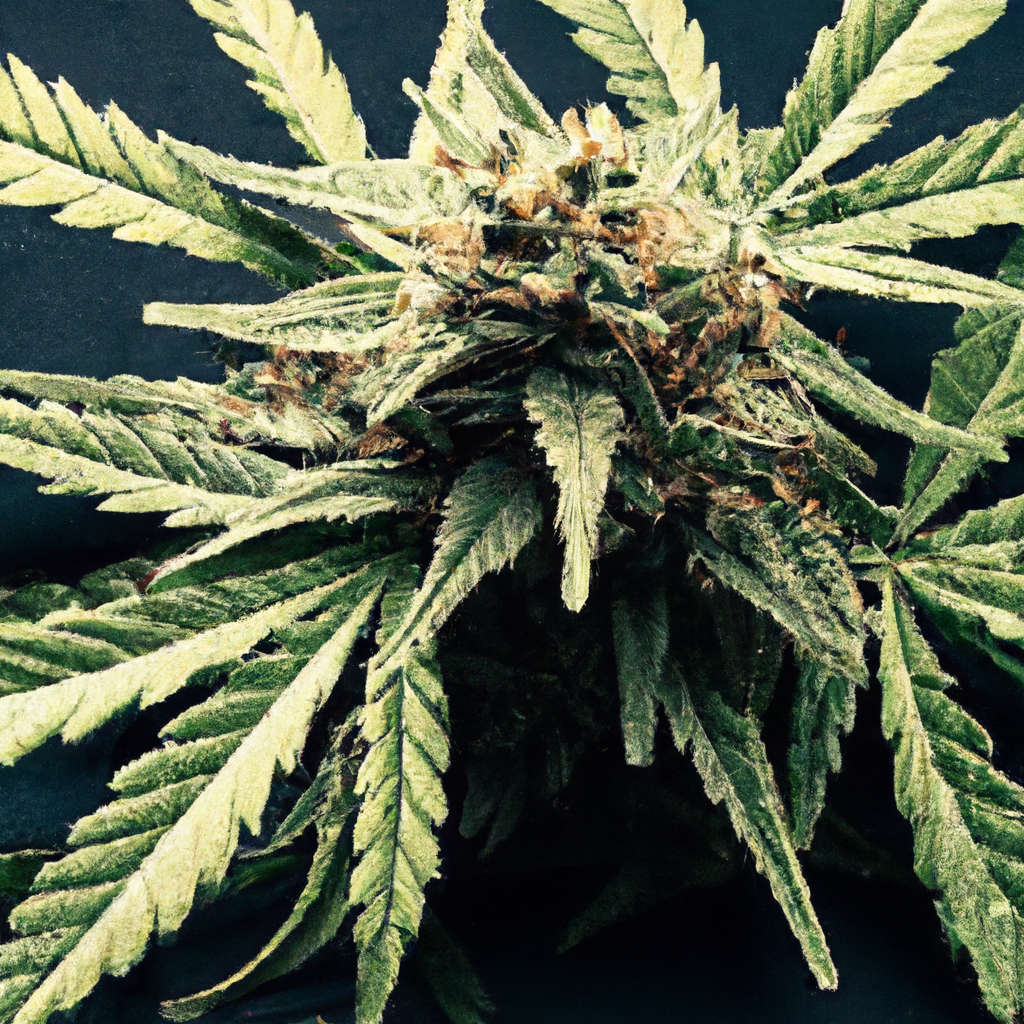By John “Magic” Greenleaf, “Growing greatness, one strain at a time.”
Introduction
At the confluence of neuroscience and vascular health lies a promising horizon illuminated by the potential
of cannabis. As our understanding of medicinal cannabis expands, so does the potential for its
application in neurovascular health — a critical component for both cognitive function and
cardiovascular integrity. Join me as we explore how cannabis might play a role in nurturing a healthy
neurovascular system.
The Neurovascular Network: A Brief Overview
The neurovascular network is an intricate web where nerves and blood vessels operate in concert. This
relationship is vital for delivering oxygen and nutrients to the brain while removing waste products.
Compromised neurovascular health can lead to a range of issues, from cognitive decline to stroke.
Ensuring this system’s integrity is essential for maintaining overall health.
Cannabinoids: Guardians of Neurovascular Integrity
Research suggests cannabinoids, the active compounds found in cannabis, may have protective effects on
the neurovascular system. Here’s how:
- Anti-inflammatory Effects: Cannabinoids such as CBD have shown to reduce
neuroinflammation, a key factor in safeguarding blood vessels within the brain from damage. - Vasodilation: Certain cannabinoids may help in promoting vasodilation, which
improves blood flow and reduces the risk of atherosclerosis. - Neuroprotection: Cannabinoids are thought to help protect neurons from damage and
death, thus supporting cognitive function.
Case Study: “Magic Kush” and Neurovascular Health
Let’s take a closer look at “Magic Kush,” one of my powerful indica strains revered for its medicinal
properties. Packed with cannabinoids, “Magic Kush” offers potential benefits for patients seeking relief
from neurovascular-related issues like migraines or post-stroke symptoms. Its high CBD content and
entourage effect enhance its overall therapeutic efficacy.
Through real-world applications, users have reported decreased frequency and intensity of migraines and
improved mental clarity. This case study exemplifies the anecdotal benefits seen with cannabis use,
though further research is necessary for conclusive evidence.
Conclusion & Key Takeaway
Cannabis holds extraordinary promise for neurovascular health, offering anti-inflammatory, vasodilatory,
and neuroprotective benefits. As we continue to uncover these potential applications, it’s essential to
approach cannabis use with an understanding of its interactions within the human body. Cultivators and
consumers alike play a vital role in shaping this conversation.
“Healthy roots, healthy buds, happy harvests,” and with time, perhaps healthier lives too, thanks to the
multifaceted medicinal benefits of cannabis.


Leave a Reply